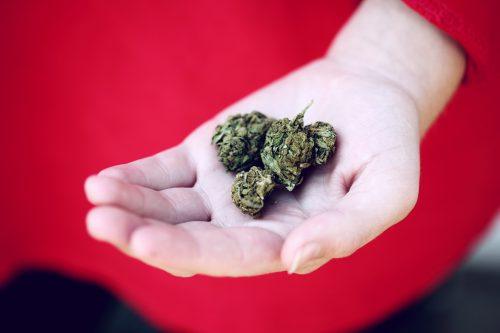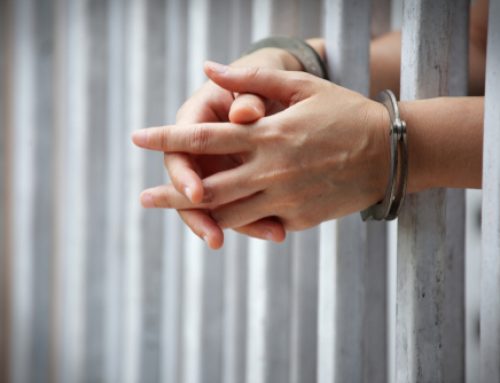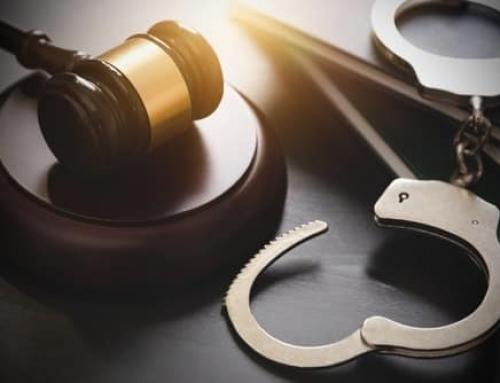Pennsylvania’s drug possession laws are often difficult to navigate. Whether you’re in possession of illegal substances or drug paraphernalia, you can be charged with several offenses, and these offenses are charged differently and graded differently as well. They have unique penalties and require separate burdens of proof in a court of law. If you’re looking for more information on drug possession offenses throughout the state of Pennsylvania, here’s what you need to know.
Possession of a Small Amount of Marijuana in Pennsylvania
Currently, marijuana is still illegal for recreational use and unauthorized medical use in the state of Pennsylvania. While efforts are being made to decriminalize marijuana use throughout the state, most local law enforcement is intolerant of possession. A common phrase throughout Pennsylvania courtrooms is “if you don’t like it, move to Colorado.” Possessing even trace amounts of the drugs is punishable by law.
Pennsylvania defines a “small amount” of marijuana as 30g or less. A small amount of hashish is eight grams or less. Luckily, this offense is classified as an ungraded misdemeanor which is one of the lightest penalties. Ungraded misdemeanors are accompanied by up to 30 days in jail, a fine not in excess of $500, or both.
If you’re convicted of possessing a small amount of marijuana, it also has consequences under the Motor Vehicle Act. Typically, these are license suspensions. For a first offense, your license is suspended for a period of six months. For a second offense, the period extends to one year. For your third offense as well as any subsequent offenses, the suspension period extends to two full years. Keep in mind that this punishment requires a conviction. If you attend Accelerated Rehabilitative Disposition (ARD) or any similar sort of pretrial diversionary course, you won’t receive a license suspension.
Simple Possession in Pennsylvania
Simple possession is a fairly straightforward offense. It means you knowingly possess a controlled substance that you’re neither licensed nor registered to possess. Under Pennsylvania’s simple possession laws, it’s assumed that the drugs are intended for personal use as opposed to sale or distribution. This includes both street drugs such as marijuana, cocaine, and heroin as well as prescription medications when you don’t have a valid script or doctor’s orders.
This crime differs from the possession of a small amount of marijuana and possession with intent to distribute because it pertains to all controlled and unlawfully possessed substances and isn’t limited by amounts.
The penalties for a simple possession charge are stricter than those of possession of a small amount of marijuana. A first conviction can result in imprisonment of up to one year, a fine not in excess of $5,000, or both. A second conviction can result in imprisonment of up to three years, a fine not in excess of $25,000, or both. The driver’s license suspensions under the Motor Vehicle Act are the same. A first offense is a six-month suspension, a second is a one-year suspension, and a third (or further) offense is a two-year suspension from the date of conviction. The same rules about ARD and other pretrial programs apply.
Possession with the Intent to Deliver in Pennsylvania
Intention to deliver a controlled substance and the actual delivery of said substance falls under the umbrella of possession with the intent to deliver. This is one of the more severe drug-related offenses you can commit in Pennsylvania. No matter the substance and no matter the amounts of it involved, it constitutes an upgraded felony offense. However, the penalties vary based on a number of factors. These include the substances involved, the amounts of the substances, and the number of previous possession with the intent to deliver offenses on your record. Incarceration times significantly increase if there’s a gun present in the nearby vicinity of the offending substances.
Even if there isn’t a weapon present, incarceration is the standard in these cases. This is due to Pennsylvania’s mandatory minimum sentencing policy. Depending on the drug, the sentence might be as light as one year for a first offense or as high a five. There are also much higher fines assessed in these cases. Second offenses carry higher prison sentences and larger fines as well. If you’re in possession of a large amount of a controlled substance on your second offense, you could be facing up to eight years in jail.
Legal Assistance
No matter the drug-related offenses, your best bet is to contact a qualified drug crime lawyer. Their knowledge of Pennsylvania laws and the local court system is invaluable in assisting you in your case. A drug possession lawyer can also assess whether or not there was probable cause leading to your arrest. Remember, never speak to prosecutors or members of the police force without your legal representation present. If you’ve been charged with a drug possession offense and are wondering what to do next, contact the legal experts at the Fishman Firm to discuss your case as well as the next steps.






